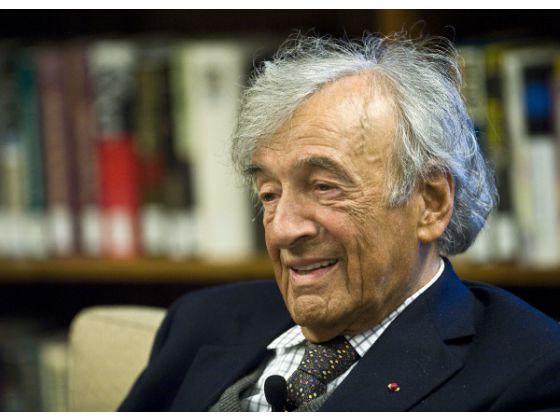This article is courtesy of Jett Rucker and Smith’s Report, where it appears in the current issue.

Of course, my position remains that it is doubtful Elie Wiesel was in the camps at all. Thus, his “survivor guilt” might be even greater than if he were, and survived. Can that explain his lifelong campaign on behalf of keeping “Memory” alive of what occurred, both fictitious and real? Some might think so, but perhaps a better explanation is plain old opportunism. The many favors and privileges Wiesel has obtained throughout his lifetime are based on his “survivorship;” keep that in mind as you read the following.~cy
Survivor Guilt
by Jett Rucker
“Survivor guilt” has come into popular usage as an irrational complex on the part of people who are among a very small number of people who, by sheer happenstance, have emerged alive from a disaster that took the lives of many others who seem to have deserved no more (or less) to have survived than they (the survivors) did. Occasionally, for example, a plane crash occurs from which one, or perhaps two, victims emerge relatively unscathed, while all their fellows perished in the catastrophe. The complex plagues them for years after the event, in some cases. Continue reading ....
- 1161 views




